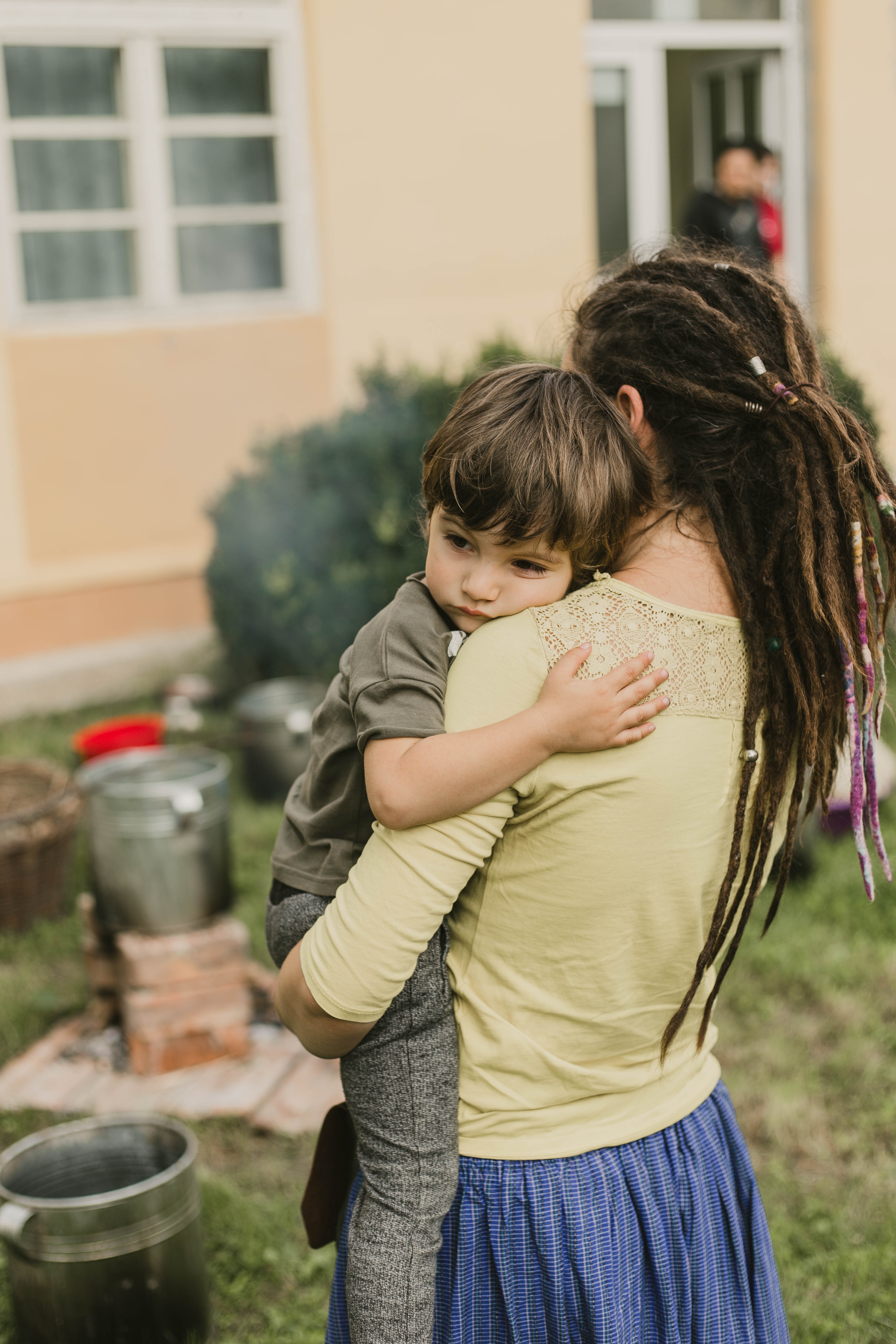My daughter has been working as a preschool teacher. She came home in tears yesterday after having released one of her students on a court order to her father. Every bone in her body said this man shouldn’t be alone with his children (ages 2 and 4 years old), yet she and the school administration were powerless to stop him.
The children’s parents have been in a bitter custody dispute and until yesterday the father was limited to supervised visitation. Both children appeared surprised when their dad showed up. From my limited knowledge, there had been criminal charges included in the divorce, as well as, the mother accusing the father of abuse of the children.
When there are accusations of abuse, my first instinct is to believe the accuser. Why would anyone accuse someone of something so horrible if it weren’t true? I’ve learned there are two sides to every story. One attorney told me of a case where his client, the father was trying to get full custody of a toddler. The toddler’s mother accused his teenage son from a previous marriage of abusing the young child. The burden of proof lay on the father. He had to involve his children from a previous marriage in a legal battle because of those accusations later proven completely false. Imagine the impact on the teenager?
What do you do when the child is too young to articulate what’s really going on? How do you prove that the accuser is making things up? What do you do when the court falsely believes the accused and the other parent loses custody?
The court system is not equipped to adequately assess these cases. Resources are stretched thin. Life-altering decisions are being left to the recommendations of someone who meets with the family a few times, likely when all parties are on their best behavior. Children may be too young to understand what’s right and wrong, or too scared to say anything wrong about the abusing parent making it virtually impossible to know what’s the right thing to do.
If you notice behaviors in your child that lead you to suspect abuse by the other parent, here are some things you can do:
- Tread lightly. Your child may be very upset with the other parent and vying for attention. They may have witnessed you being abused and want to make you feel better. If you aren’t sure, seek professional advice. Accusing someone of abuse without cause can put you at risk for losing custody of your child.
- Notice changes in your child’s behavior that are inconsistent with their regular demeanor. Nightmares, strong, fearful reactions to the other parent and sudden aggression by your child may be signs of abuse. They may also indicate your child’s very adverse reaction to the divorce after witnessing conflict between you and your spouse.
- Keep a journal of your child’s behavior. Make note of the day, time and type of behavior you see and when the child was last with the other parent.
- Be very subtle in asking your child about the behavior. Your reaction may be so strong that the child feels he or she must tell you that something occurred just to satisfy you. Your best solution is to bring in a trained mental health professional to make an assessment.
- Find a Child Therapist for your child regardless of any assessment. If your child is reacting this strongly, he or she is clearly very distraught over the divorce.
- Unless your child is in imminent danger or there are clear signs of abuse, be careful of calling in Child Protective Services. Once you involve them, there will be a full investigation and you could become the target, especially if they suspect you may have instigated the situation to harm your ex.
- Hire an attorney that knows how to deal with cases involving Child Protective Services. Not all attorneys who handle custody cases know how to navigate any CPS investigations.
There’s no easy way to deal with child abuse in divorce. The best thing you can do is to learn as much as you can about how to spot child abuse and how to help your child if you discover abuse. Your child’s safety is the most important thing in the world!


